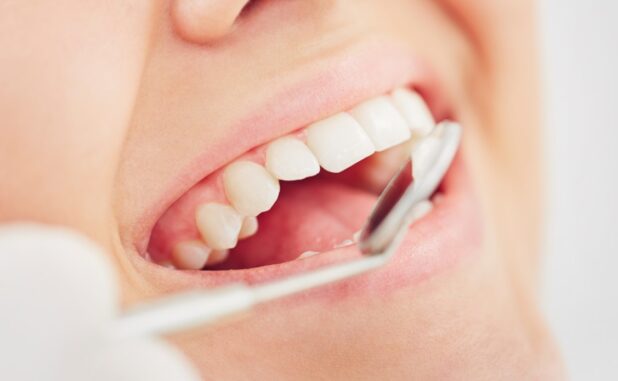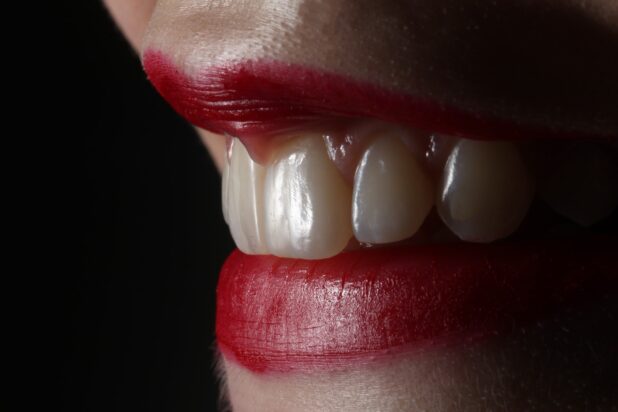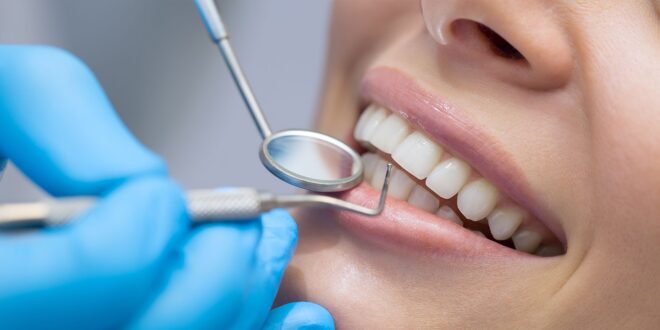The best prevention measure against most dental problems is taking good care of your teeth and mouth. Typically, the earlier you start making proper dental habits a part of your routine, the easier it is to avoid chronic problems. Here are 11 common dental problems and how to prevent them.
Table of Contents
1. Gum diseases
Gum diseases are common in most adults, occurring in the form of gingivitis and periodontitis. While you can have these conditions treated if you choose the right dentist like those from redbanksmilesnj.com, it is easier to reverse gingivitis, the first and milder phase of gum disease. If left to get to the third stage of advanced periodontitis, gum disease will cause teeth to fall and be harder to treat.
The best prevention against gum diseases is regular brushing and flossing, not smoking or using tobacco products, and regular dental checkups.
2. Cavities and tooth decay

Another common dental problem in adults and children is cavities and tooth decay caused by plaque and bacteria that accumulate on the tooth. While a variety of treatment is available for this condition depending on the severity of damages caused, they are best prevented by:
- Limiting intake of sugary foods such as candy, soft drinks, and snacks
- Flossing daily and brushing teeth after meals
- Regular teeth cleaning by a dentist or hygienist
3. Bad breath
Bad breath is known for its severe social impacts and is primarily caused by the foods you consume (such as garlic, spices, and alcohol), tobacco products, dry mouth, and poor oral hygiene. Luckily, you can always receive proper treatment for bad breath, and the best way to do this is by addressing the root cause of the problem.
Most people with bad breath tend to have an underlying dental infection such as gum disease, cavities, or oral cancer. On the brighter side, you can avoid most of these conditions by brushing using fluoride toothpaste, watching what you eat or drink, and having regular dental exams.
4. Tooth discoloration
Yellow and discolored teeth affect the quality of your smile and overall look. While many of these cases are caused by genetics and are hard to avoid, you need to watch what you eat and drink if your teeth are getting discolored over time. Acidic food, coffee, and fluoridated water are the major culprits that will alter the color of your teeth.
The good news is that you can prevent these problems by having your teeth cleaned bi-annually with a dental hygienist. If your teeth are already discolored, you can opt for teeth whitening services to restore proper color and look younger.
5. Tooth sensitivity

Tooth sensitivity occurs when the dentin layer that covers your teeth’s nerves becomes exposed. This can be caused by receding gum, age, over-brushing, and consuming acidic and sugary foods. The pain from this condition is majorly felt as you eat hot, cold, sweet, or acidic food.
To prevent tooth sensitivity, it is recommended that you use a soft-bristled brush, avoid acidic and sugary foods, and regularly floss.
6. Oral Cancer
Statistics from the National Institute of Dental and Cranial Research show that over 49,700 Americans are diagnosed with oral cancer each year. The majority of these are adults over the age of 40, and it is unfortunate that most people only get a diagnosis when oral cancer has significantly advanced.
The best way to avoid this is through regular dental visits to help detect oral cancer at early stages when it is curable with the proper treatment. You should also avoid alcohol and tobacco use, which are the biggest risk factors for this condition.
7. Mouth sores
Mouth sores that last more than two weeks should be worrying, as they reflect an underlying problem. Common mouth sores include canker sores, fever blisters, thrush, ulcers, and cold sores. To reduce the risks of this dental problem, you should:
- Avoid foods that are too spicy, hot, or acidic
- Avoid gum chewing
- Avoid using dental products containing sodium lauryl sulfate
- Use a soft-bristled brush and floss daily
8. Cracked or chipped tooth

The leading type of dental injury is cracked teeth, caused by hard hits, bad bites, and accidents. It can also be caused by cavities and poor oral care that weaken the tooth, causing it to chip. This dental problem is best prevented through regular brushing and flossing, while being extra careful when playing games or exercising, or getting some cardio by trampolining.
9. Crooked teeth
Crooked teeth are common in adults and children, and they are caused by various factors, including genetics, a misaligned jaw, gum disease, early loss of teeth, and poor my functional habits such as thumb sucking or mouth breathing. Early dental care is the best prevention measure against this problem, as orthodontics can easily fix crooked teeth.
10. Bruxism
Teeth grinding or clenching is typically caused by anxiety or stress and is a destructive behavior that causes your teeth to wear down over time. It can also lead to sore jaws, cracked teeth, and severe headaches and is best managed by exercising or trying meditation to eliminate stress. Getting fitted for a night guard with your dentist is also advisable as teeth grinding and clenching happens at night.
11. Dry mouth

Lack of saliva in your mouth leads to dry mouth, which is dangerous for your oral health. Saliva helps clean your mouth of debris and fighting cavity-causing bacteria, and without it, your gums and teeth will be vulnerable. The best way to combat dry mouth is by drinking plenty of water, using a fluoride mouthwash, and flossing daily.
12. Enamel degradation
Your teeth are covered by a hard-mineral substance known as the enamel that protects them from decay. Unfortunately, several factors can lead to enamel erosion, and these include;
- Consuming too much sugary or acidic foods and drinks
- Gastrointestinal issues
- Brushing too hard
- Acid reflux
This problem is best prevented by brushing your teeth with fortifying toothpaste, flossing each day, and nourishing your enamel with fluoride-infused mouthwash.
Endnote
Dental problems can take a toll on your life, and they are best prevented by adopting good oral habits and having professional dental care.
 World Magazine 2024
World Magazine 2024






